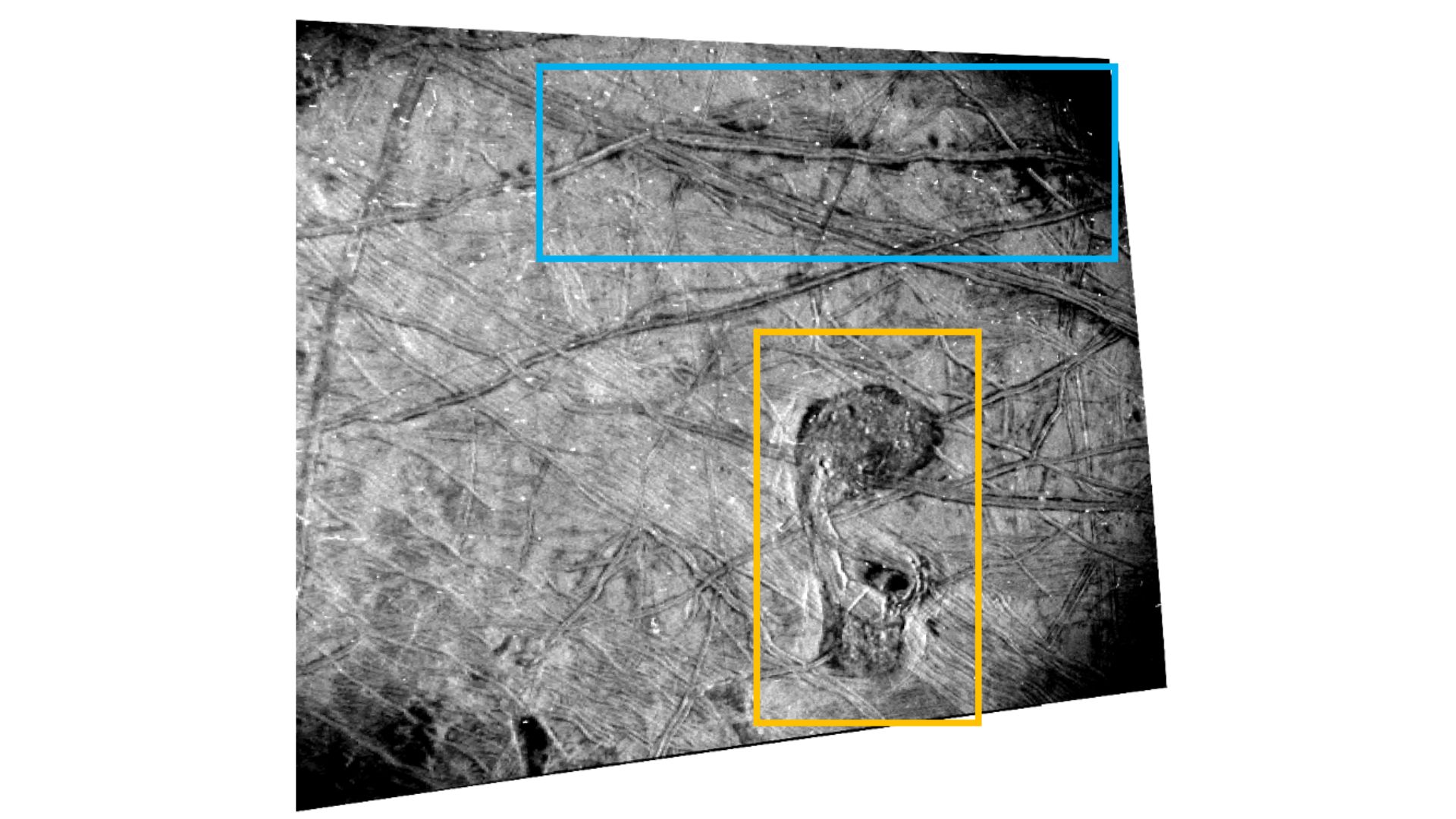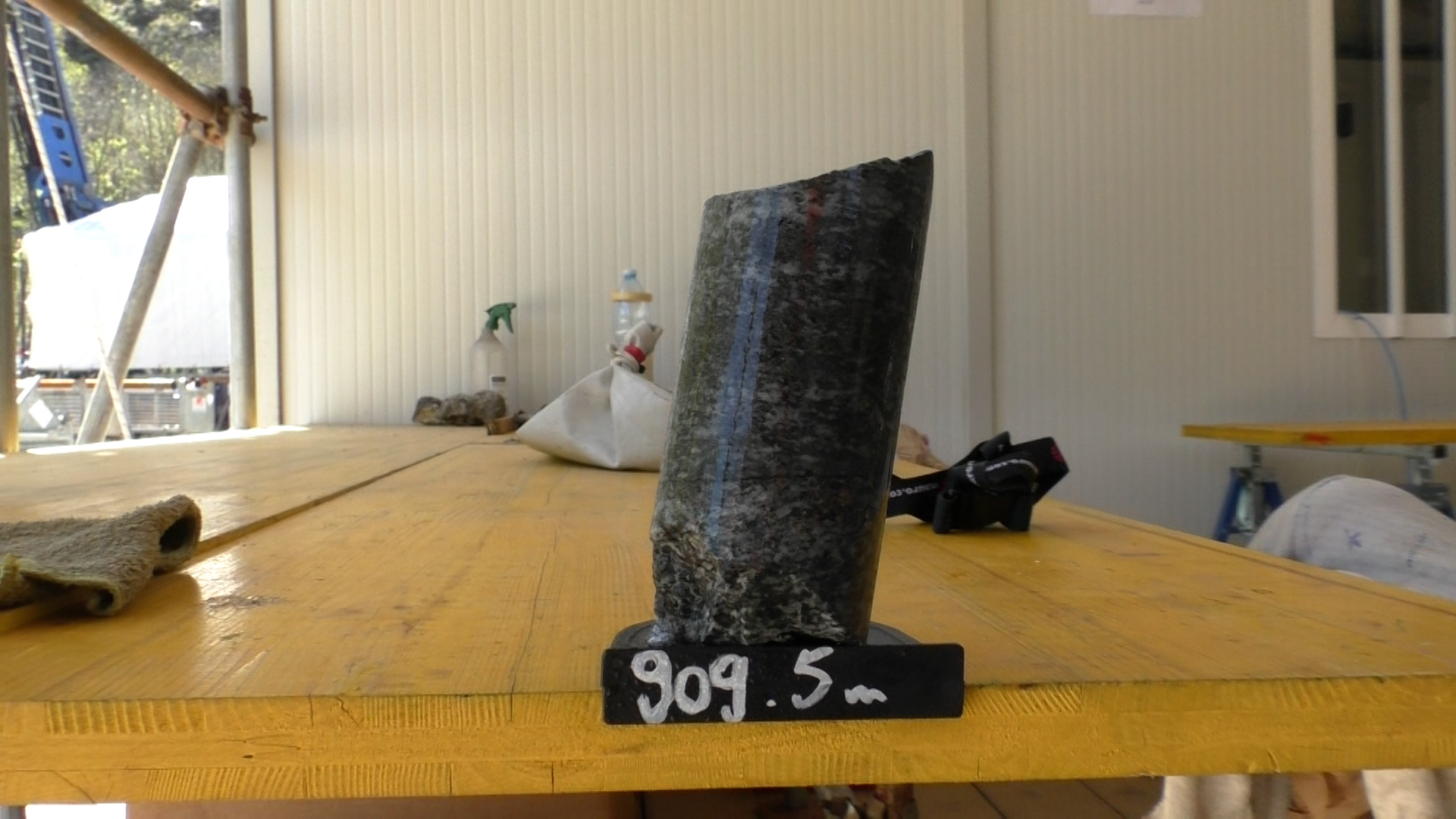Economies, Vol. 12, Pages 100: The Manufacturing Reshoring Phenomenon: A Policy-Oriented Analysis of Factors Driving the Location Decision
Economies doi: 10.3390/economies12050100
Authors: Xavier Bornert Dario Musolino
For several decades, multinational enterprises (MNEs) have offshored their manufacturing activities to low-cost countries to achieve significant productivity gains. However, changes in the relative competitiveness of countries, social effects of deindustrialization in advanced economies and the vulnerability of global value chains (GVCs) revealed by the COVID-19 pandemic have encouraged some firms, supported by governments, to “reshore” part, or all of their offshore industrial operations back to their home country. Reshoring decisions are motivated by a variety of endogenous and exogenous factors that are empirically analyzed in this paper to understand how reshoring policies implemented by governments can more effectively address the factors driving the firms’ location decisions. A review of the reshoring policies implemented in Europe, the UK and the US is conducted to provide general policy recommendations regarding policy instruments, SMEs, innovation and regionalization of value chains. This paper fills a gap in the literature by connecting the micro-level supply chain management analysis of firms’ reshoring drivers with the macro-level economic policy perspective on reshoring. The review of existing reshoring policies calls for an in-depth analysis by the manufacturing sector and at the local level.

 1 month ago
21
1 month ago
21


